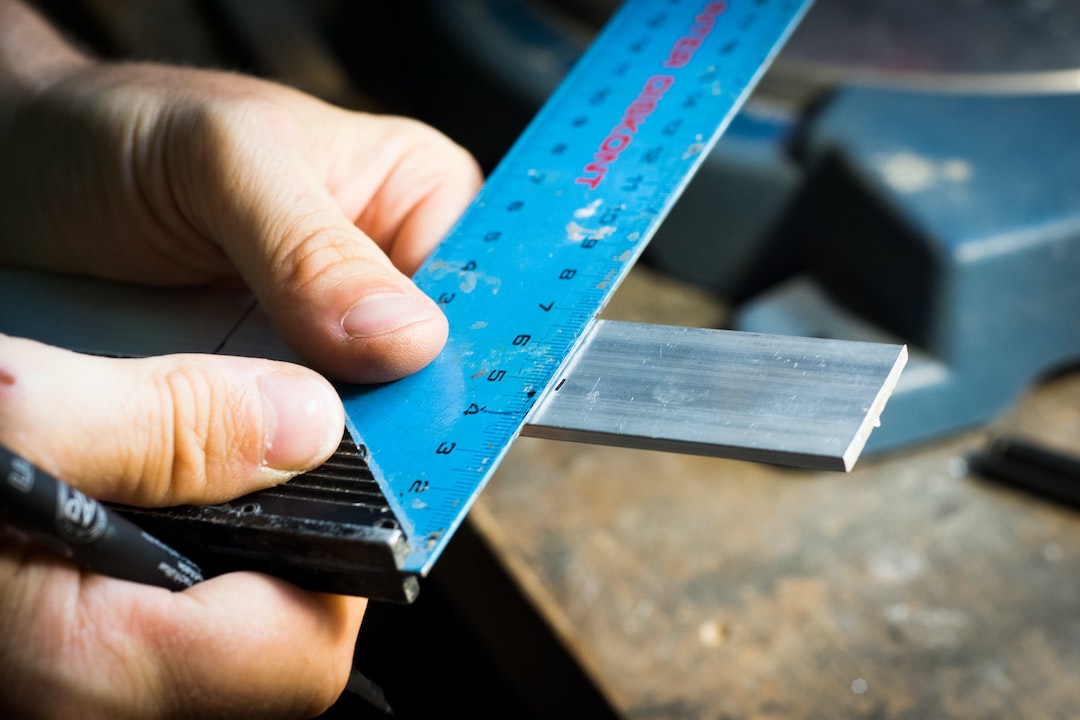Adapting to Industry 4.0: Integrating Smart Manufacturing Technologies
The manufacturing industry has been evolving at an unprecedented pace with the advent of Industry 4.0. This new era in manufacturing is characterized by the integration of smart technologies, artificial intelligence, and automation into production processes. As businesses strive to remain competitive, adapting to this new industrial revolution is crucial.
Industry 4.0 is a term that refers to the ongoing transformation of traditional manufacturing and industrial practices, driven by advancements in digital technologies. With the introduction of smart manufacturing technologies, businesses can benefit from improved efficiency, increased productivity, and reduced costs.
One of the key aspects of Industry 4.0 is the Internet of Things (IoT), which enables machines and devices to connect and communicate with each other. This connectivity allows for real-time data collection, analysis, and decision-making. By collecting data from various sources, manufacturers gain valuable insights that can aid in process optimization and predictive maintenance.
Integrating smart manufacturing technologies into existing production processes can be a challenging task. However, the benefits far outweigh the initial implementation costs. For example, incorporating predictive maintenance technology can help businesses avoid costly equipment breakdowns, as maintenance can be scheduled based on real-time data and asset conditions. This leads to increased uptime, improved efficiency, and reduced downtime.
Another key component of Industry 4.0 is the use of robotics and automation systems. These technologies enable repetitive and manual tasks to be performed accurately and efficiently, reducing the risk of errors and improving overall productivity. By automating routine processes, manufacturers can free up their workforce for more strategic and value-added tasks.
Integrating robotics and automation into manufacturing processes also allows for greater flexibility. With the ability to quickly change production setups and adapt to varying product specifications, manufacturers can respond to customer demands more swiftly. This flexibility enables businesses to produce smaller batch sizes and offer customizable products, catering to the growing trend of personalized consumer goods.
Furthermore, artificial intelligence (AI) plays a significant role in Industry 4.0. AI algorithms can analyze vast amounts of data collected from sensors, machines, and production lines to identify patterns, detect anomalies, and make data-driven predictions. Manufacturers can leverage this technology to optimize their supply chains, streamline operations, and make better-informed decisions.
However, embracing Industry 4.0 and integrating smart manufacturing technologies is not without its challenges. It requires businesses to invest in the necessary infrastructure, such as advanced sensors, connectivity solutions, and data analytics tools. Additionally, cybersecurity remains a significant concern, as increased connectivity increases the risk of cyber-attacks. Implementing robust security measures and protocols is of utmost importance to safeguard sensitive information and critical infrastructure.
To ensure a successful transition to Industry 4.0, businesses must also focus on upskilling their workforce. The integration of smart manufacturing technologies will undoubtedly change job requirements and necessitate advanced digital skills. Training employees to adapt and learn new technology is crucial to unlocking the full potential of Industry 4.0.
Government support is essential in facilitating the adoption of smart manufacturing technologies. Governments can provide incentives, grants, and funding opportunities to encourage businesses to invest in Industry 4.0. Additionally, policymakers can create regulations and standards that promote interoperability and data sharing among manufacturers, ensuring a seamless integration of smart technologies across industries.
In conclusion, Industry 4.0 is revolutionizing the manufacturing industry through the integration of smart manufacturing technologies. Adapting to this new era is vital for businesses to remain competitive. By leveraging the power of IoT, robotics, automation, and AI, manufacturers can achieve improved efficiency, increased productivity, and reduced costs. However, the journey towards Industry 4.0 requires careful planning, investment, and upskilling of the workforce. With the right approach and support, businesses can successfully navigate this transformative era and reap the benefits of integrating smart manufacturing technologies.

